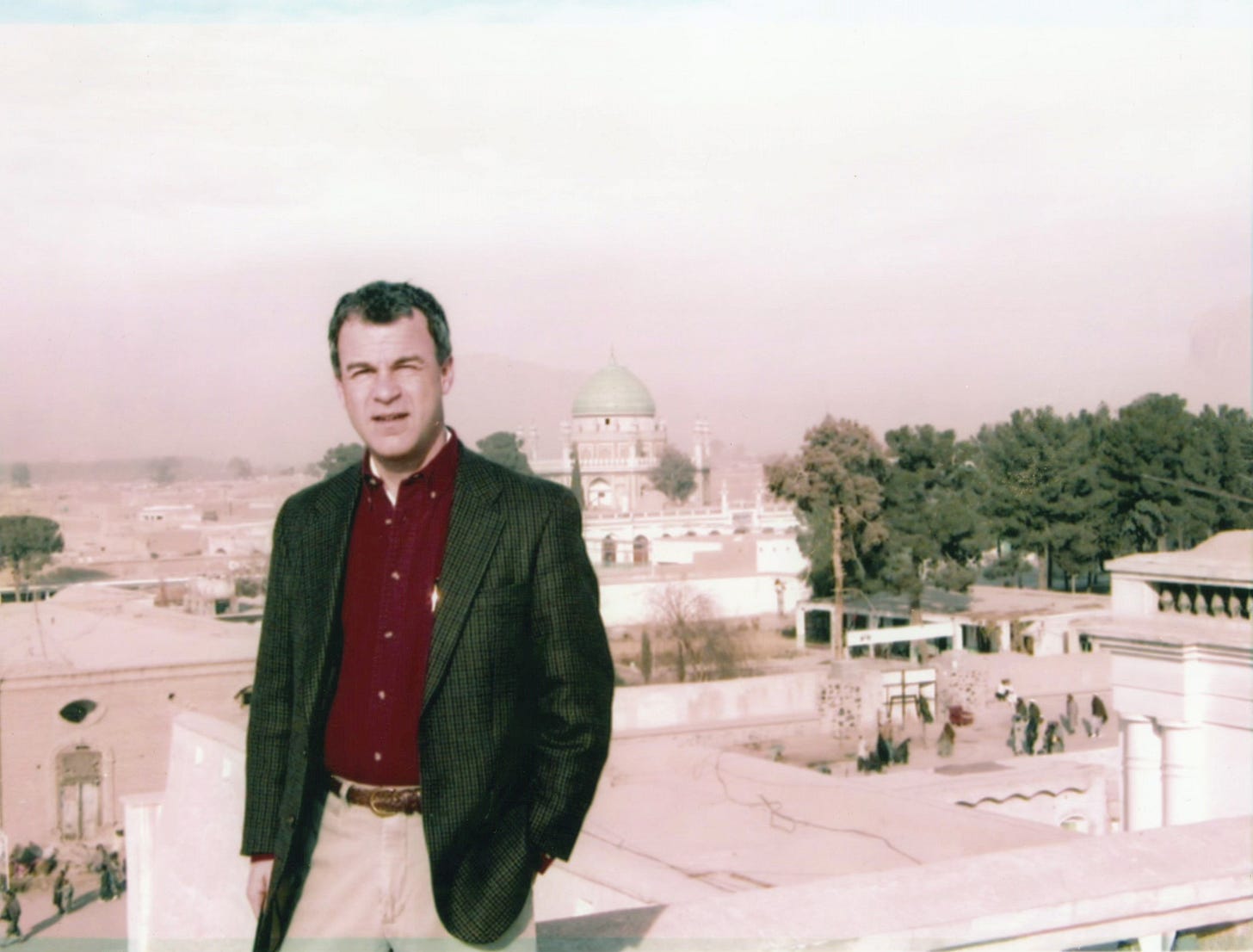Interview with Bob Grenier: Bracing for Iranian retaliation after Israel's assassination in Tehran

In Robert Grenier’s first days at the CIA, the last Shah of Iran fled the country. Relations between Washington and Tehran would never be the same again. And Bob could not have known it then, but Iran would become a major focus of his career by the time he became the director of the CIA’s Counterterrorism Center.
We spoke this week as Washington awaits Iran’s retaliation for Israel’s bold assassination. Ismail Haniyeh, the head of Hamas’ political wing, had gone to Tehran to attend the swearing-in ceremony of Iran’s new president, Masoud Pezeshkian, a former heart surgeon who wants to revive talks with the U.S. so that sanctions may be lifted. A helicopter crash in May killed President Ebrahim Raisi, forcing the country to choose a new leader (with the supreme leader’s endorsement, of course).
Now Haniyeh is dead, perhaps because of a bomb secretly planted in his guesthouse months before. A ceasefire in Gaza, which he supported, appears even further away. The Islamic Revolution Guards Corps accuses the U.S. of supporting Israel’s assassination, which Secretary of State Antony Blinken said the U.S. played no role in. And President Joe Biden is faced with a complicated question: How to defend an ally — and one with so very few allies at that — when it is conducting a war in a ways that many do not condone, a war that could ultimately pull in Americans?
The fact that days have passed since Haniyeh’s death suggests that Tehran is still calculating how far it wants to go — and gives the U.S. time to prepare to defend Israel, a former senior intelligence official told me on the condition of anonymity.
But the Iranians’ searing humiliation cannot be underestimated, Bob tells me. And the Israelis “could have the impression that if they launch a substantial attack against Iran, that they can draw the Americans directly into the fight.”
Run time: 26 minutes


